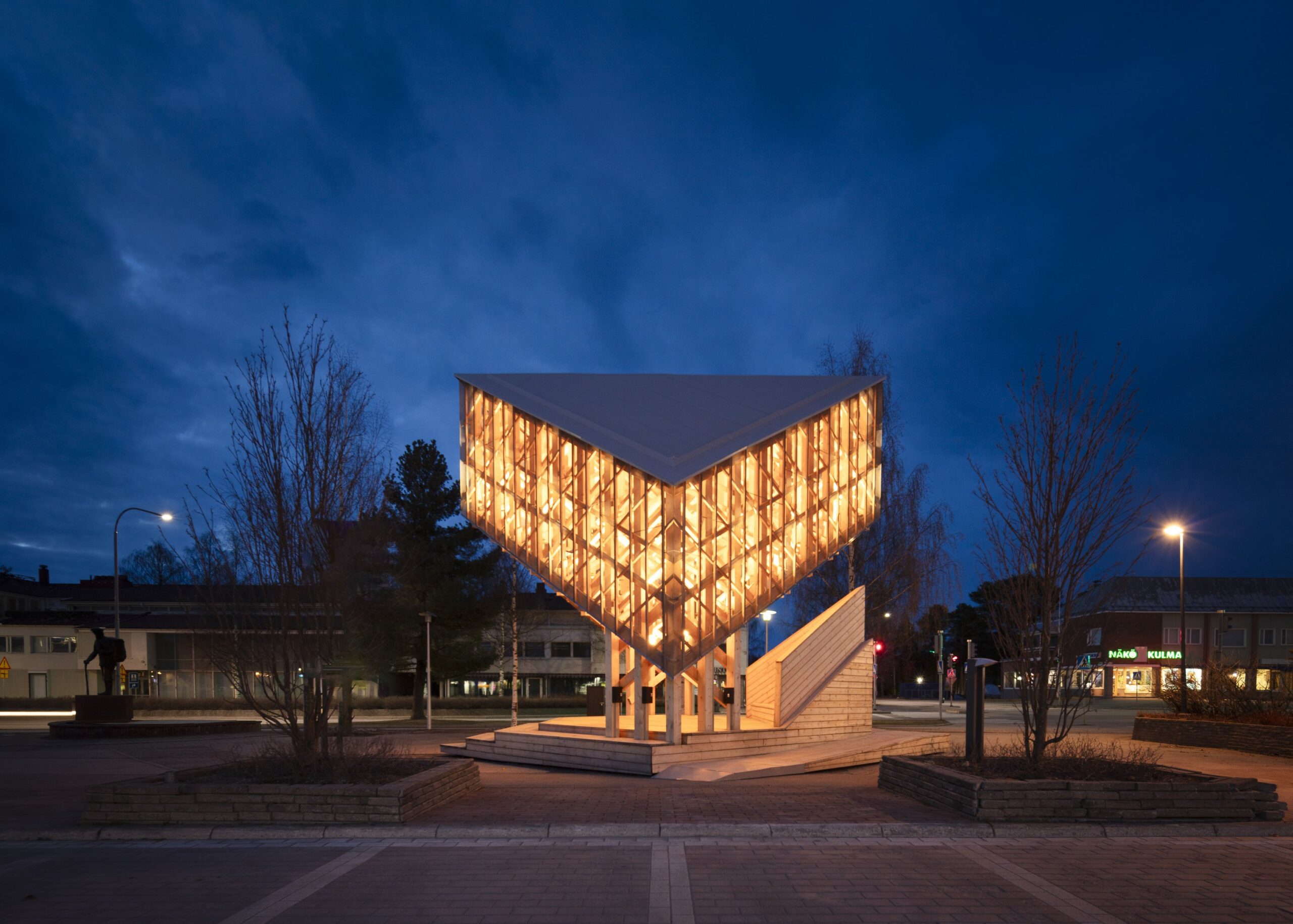California exempts infill housing from environmental review in state's "most consequential" housing reform


California governor Gavin Newsom has signed legislation that exempts infill housing from environmental review under the state's California Environmental Quality Act in the hopes of expediting development.
Signed in late June, the bills, including SB 607, AB 609, and AB130 are part of recent updates to California's state budget, which were issued in May 2025 under the May Revision by Newsom.
The bills roll back California Environmental Quality Act (CEQA) regulations on urban projects that opponents believe have delayed or impeded critical housing needs across the state's metropolitan areas.
Projects now exempt from CEQA include infill building at or under 20 acres and some urban infrastructure such as health facilities and advanced manufacturing projects, as listed in the bill SB 131.

"Governor Gavin Newsom today signed historic legislation as part of the 2025-2026 state budget, enacting new laws that deliver the most consequential housing and infrastructure reform in recent state history," read a statement issued by the Governor's office.
"Together, the two budget trailer bills include a comprehensive streamlining package that breaks down long-standing development barriers, modernises CEQA review for critical housing and infrastructure, and creates new tools to speed up production, reduce costs, and improve accountability across the state."
First signed into law in 1970 by then-governor Ronald Reagan, CEQA is a statewide law that requires analysis and public disclosure of the environmental impacts of proposed projects, on top of local and regional environmental zoning.
For decades, housing advocates have argued that CEQA's regulations have been weaponised to stall projects in the face of the state's ongoing housing shortage.
According to Studio One Eleven design director Michael Bohn, removing the regulation will be a "burden taken off" his back.
"As a practising architect, [for] all types of housing, be it shelters for the formerly un-housed to affordable housing, to market rate housing, this is a pretty significant burden taken off of my back, as well as the developer team's back," he told Dezeen.
"Anything that helps reduce costs and time schedule in a state where we are so grossly under-housed."
Others, such as the California Native Plant Society, have deemed CEQA as a "scapegoat for California's housing crisis", while environmental non-profit the Rose Foundation found that litigation pursued under CEQA actually remains "very low" in a 2023 study commisioned by the organisation.
"The rate of litigation for challenges to projects alleging noncompliance with CEQA is very low, with lawsuits filed for 1.9 out of every 100 projects," reads the report.
"Focus more of our energy on producing the housing"
Local and city environmental zoning policies will remain in place in CEQA's absence.
"The other nice thing about this, is bringing it back down to more local control," said Bohn. "I think why CEQA was in place back when Ronald Reagan [was the] governor, was that sometimes local control was abused by developers and people that were in power."
"But our society has evolved so much and has become so educated on the importance of being more respectful to our environment, even developers are much more thoughtful and careful now," he continued.
"It's going to help us focus more of our energy on producing the housing, as opposed to trying to convince that the housing doesn't have a negative impact on a particular infill site."
Housing shortage remains an ongoing issue in California. CityLAB founding director Dana Cuff discussed how local architects might aid in housing recovery after worsening wildfires and Dezeen spoke with California politician Alex Lee about social housing in the state.
The post California exempts infill housing from environmental review in state's "most consequential" housing reform appeared first on Dezeen.




















































